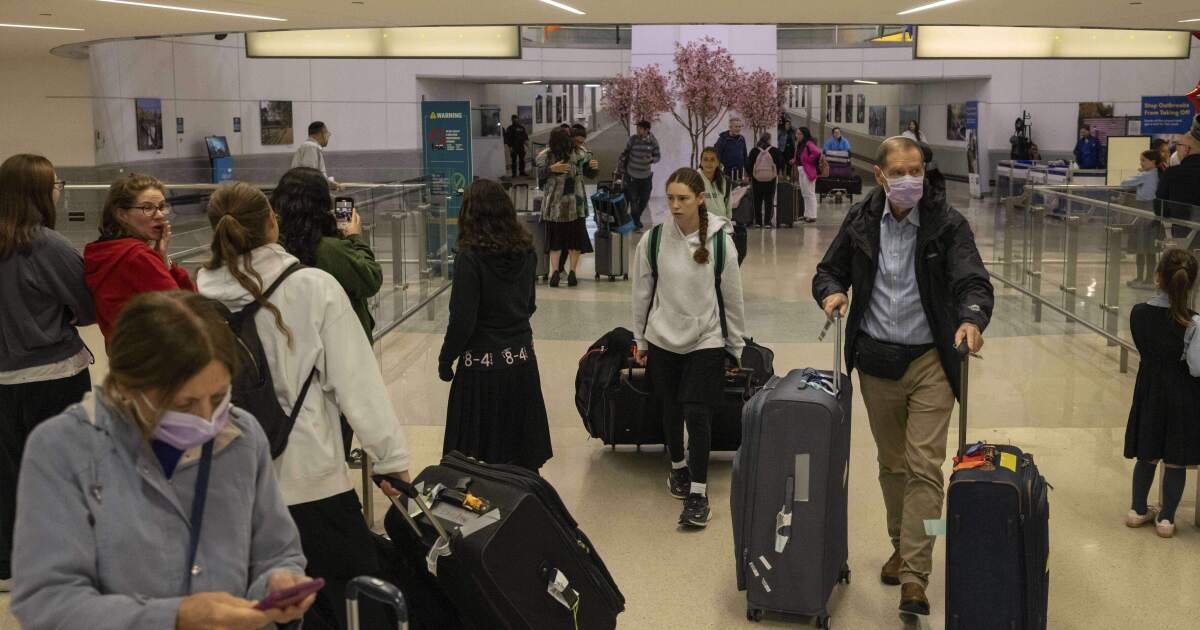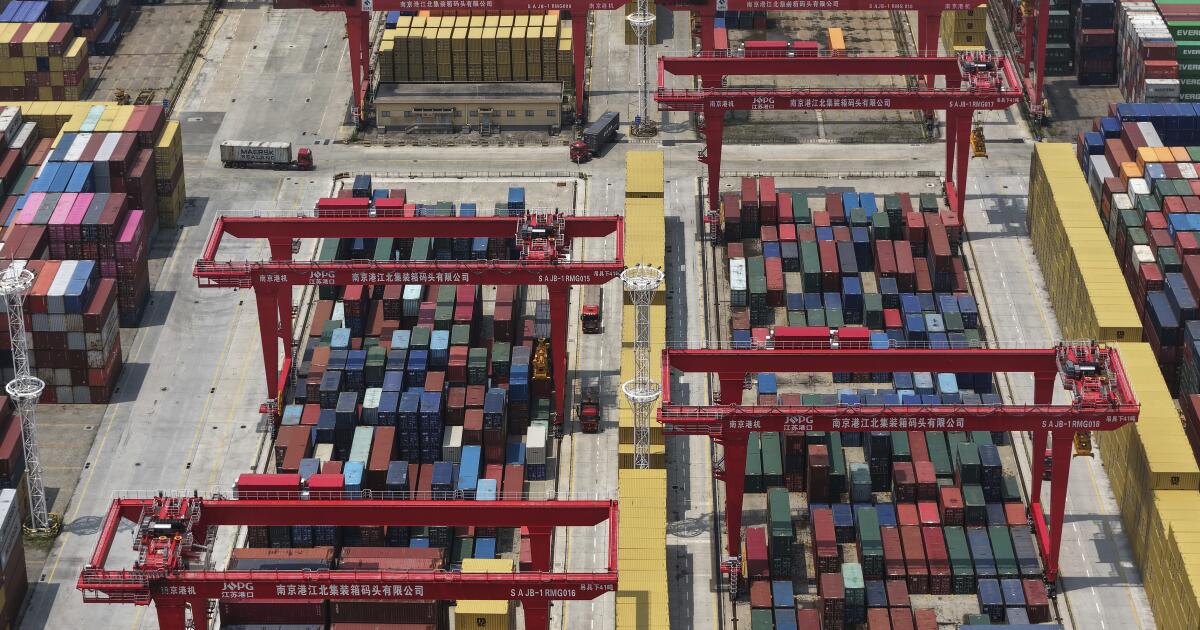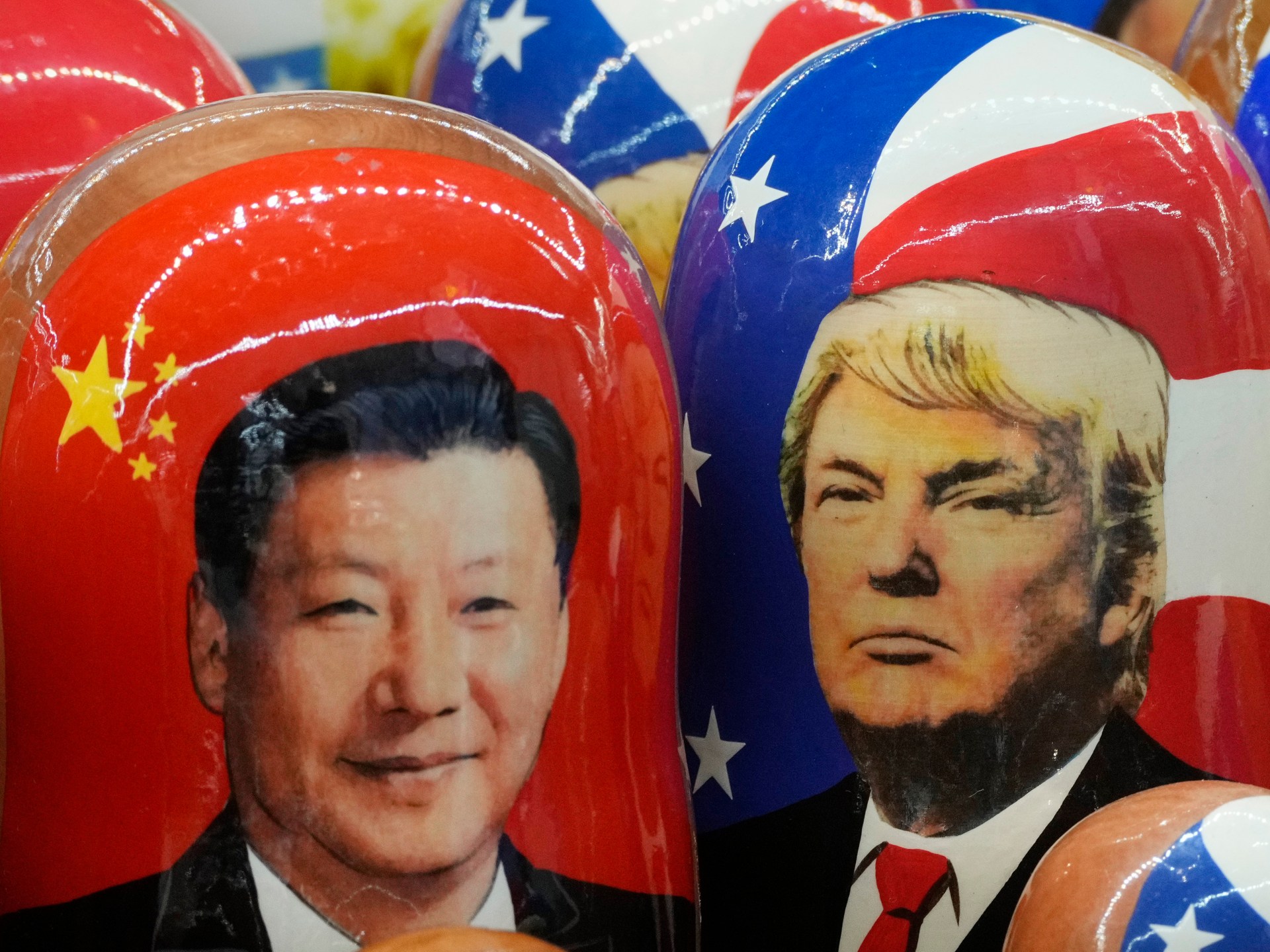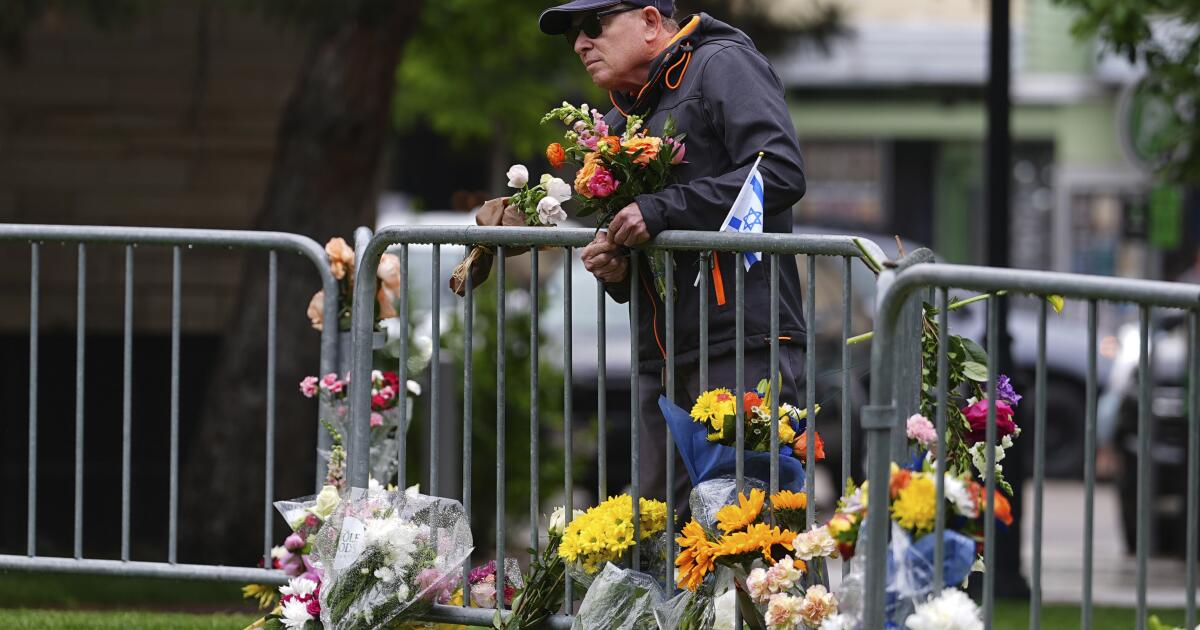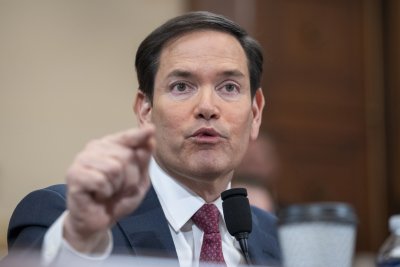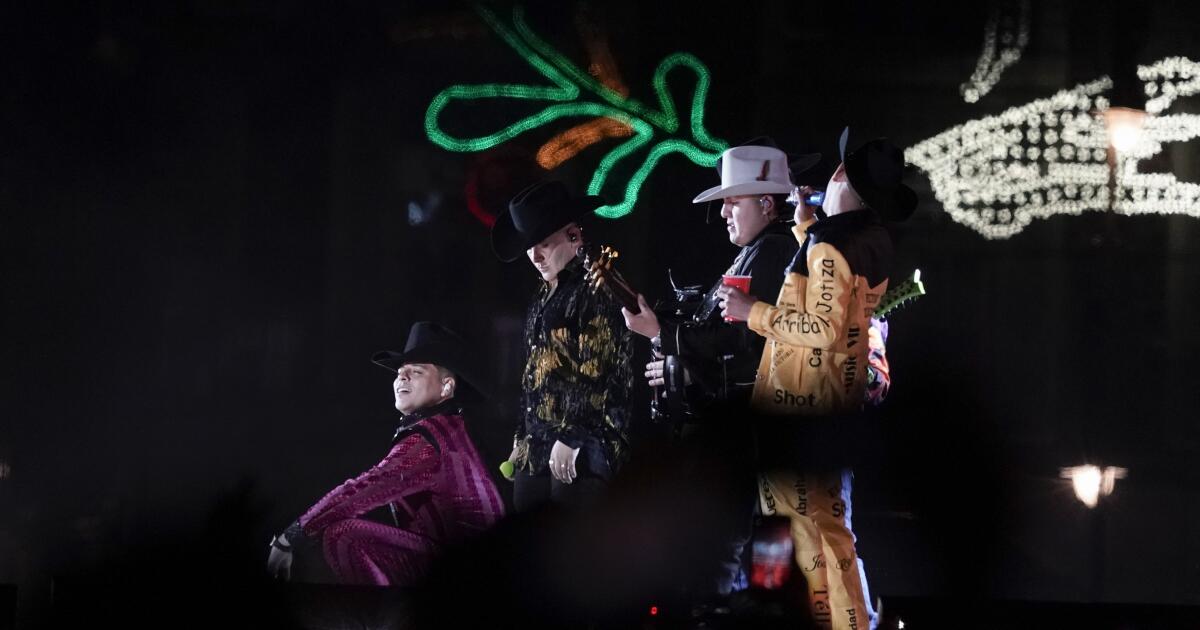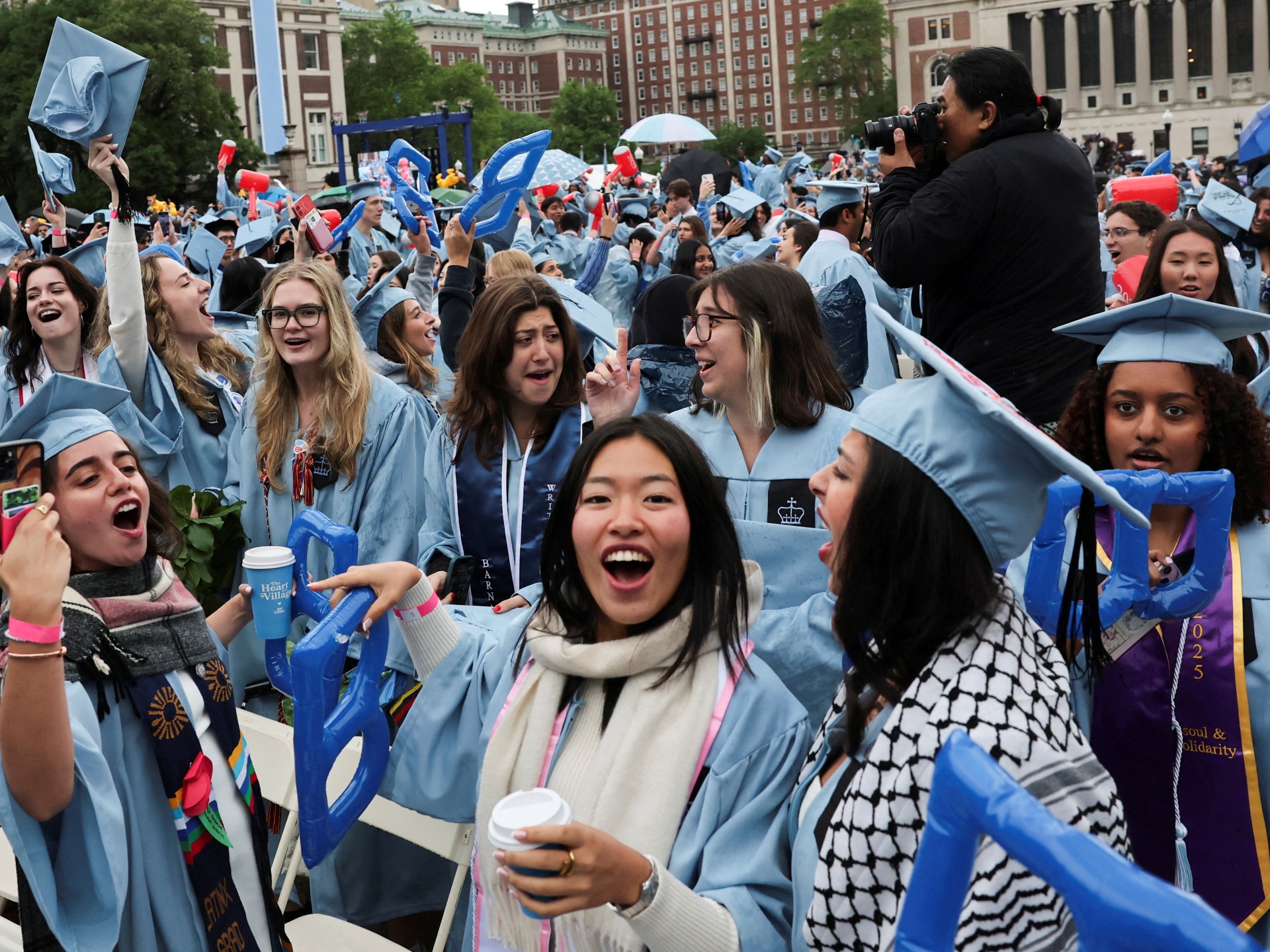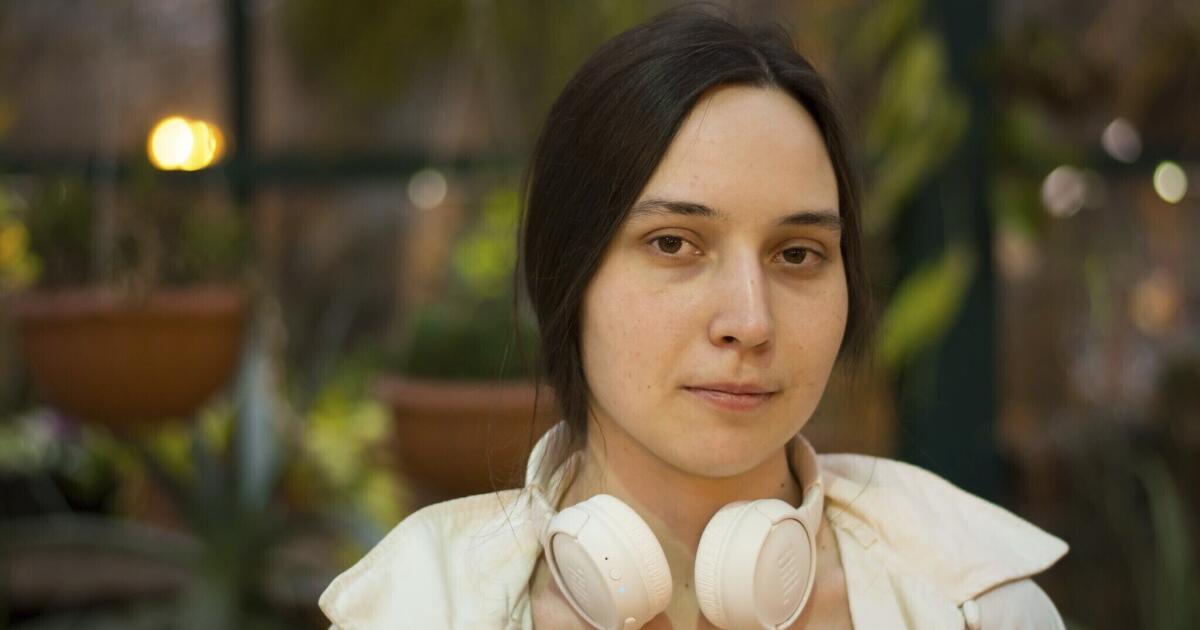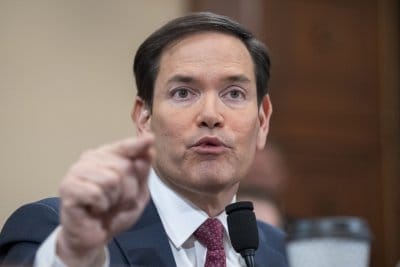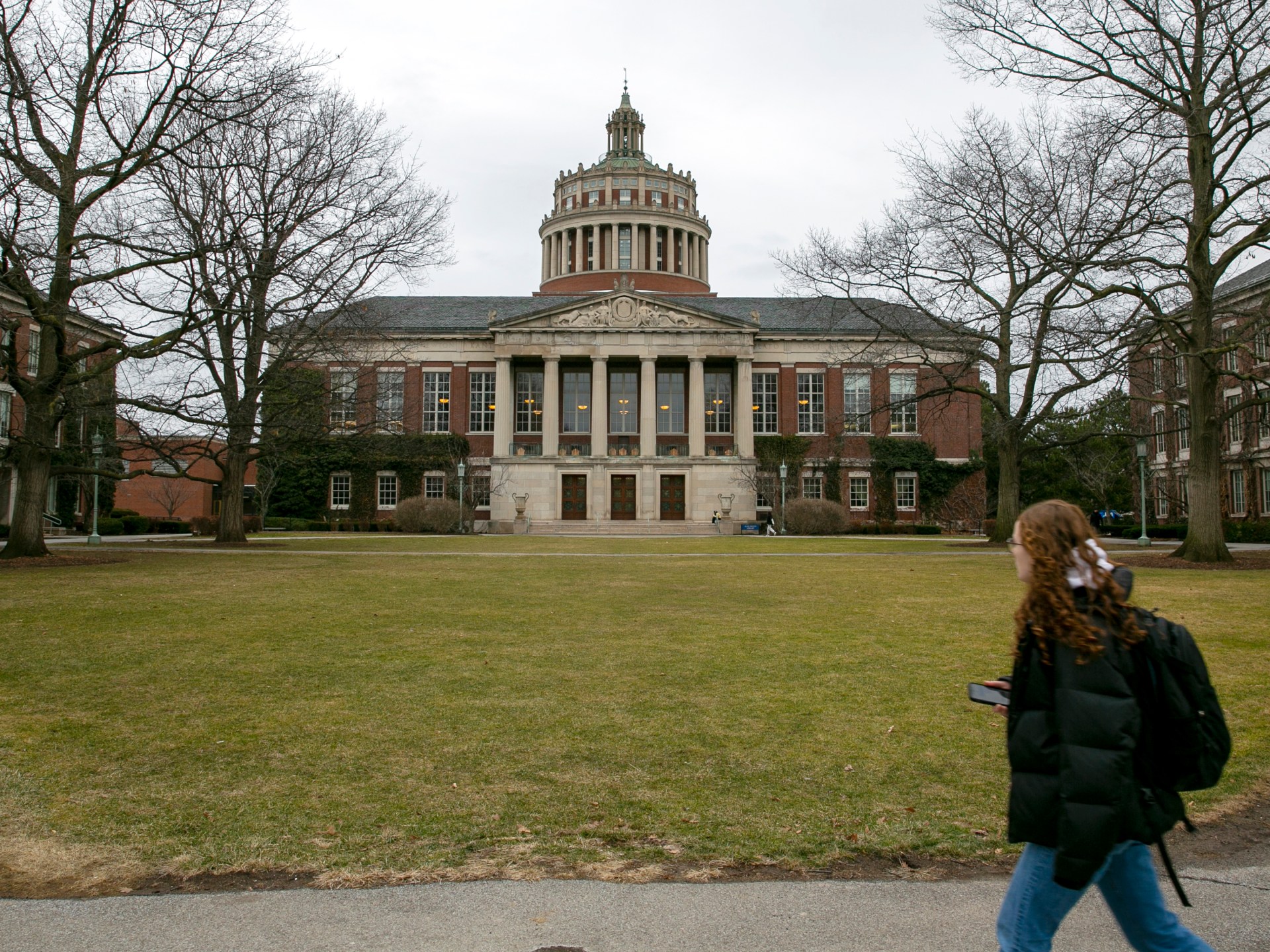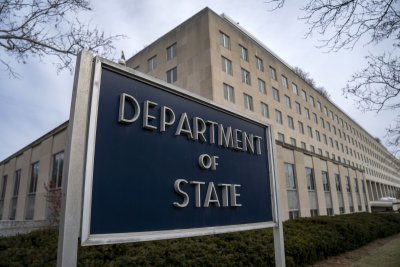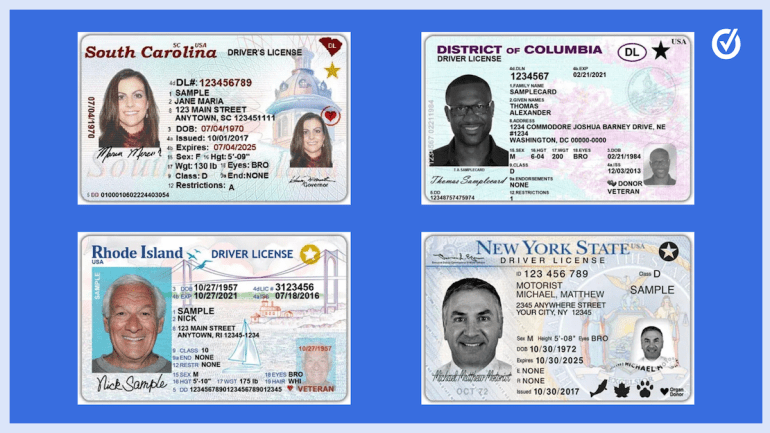Trump’s new travel ban takes effect as tensions escalate over immigration enforcement
MIAMI — President Trump’s new ban on travel to the U.S. by citizens from 12 mainly African and Middle Eastern countries took effect Monday amid rising tension over the president’s escalating campaign of immigration enforcement.
The new proclamation, which Trump signed last week, applies to citizens of Afghanistan, Myanmar, Chad, the Republic of Congo, Equatorial Guinea, Eritrea, Haiti, Iran, Libya, Somalia, Sudan and Yemen. It also imposes heightened restrictions on people from Burundi, Cuba, Laos, Sierra Leone, Togo, Turkmenistan and Venezuela who are outside the U.S. and don’t hold a valid visa.
The new ban does not revoke visas previously issued to people from countries on the list, according to guidance issued Friday to all U.S. diplomatic missions. However, unless an applicant meets narrow criteria for an exemption to the ban, his or her application will be rejected starting Monday. Travelers with previously issued visas should still be able to enter the U.S. even after the ban takes effect.
During Trump’s first term, a hastily written executive order mandating the denial of entry to citizens of mainly Muslim countries created chaos at numerous airports and other ports of entry, prompting successful legal challenges and major revisions to the policy.
In the hours after the new ban took effect, no disruptions were immediately discernible at Los Angeles International Airport. And passengers appeared to move steadily through an international arrival area at Miami International Airport, where green card holder Luis Hernandez returned to Miami after a weekend visiting family in Cuba.
“They did not ask me anything,” said Hernandez, a Cuban citizen who has lived in the U.S. for three years. “I only showed my residency card.”
Magda Moreno and her husband also said things seemed normal when they arrived Monday in Miami after a trip to Cuba to see relatives. Asked about the travel restrictions for Cubans, Moreno, a U.S. citizen, said: “It is difficult not being able to bring the family and for them not being able to enter into the U.S.”
Many immigration experts say the new ban is more carefully crafted and appears designed to beat court challenges that hampered the first by focusing on the visa application process.
Trump said this time that some countries had “deficient” screening for passports and other public documents or have historically refused to take back their own citizens. He relied extensively on an annual Homeland Security report of people who remain in the U.S. after their visas expired.
Measuring overstay rates has challenged experts for decades, but the government has made a limited attempt annually since 2016. Trump’s proclamation cites overstay rates for eight of the 12 banned countries.
Trump also tied the new ban to a terrorist attack in Boulder, Colo., saying it underscored the dangers posed by some visitors who overstay visas. U.S. officials say the man charged in the attack overstayed a tourist visa. He is from Egypt, a country that is not on Trump’s restricted list.
The ban was quickly denounced by groups that provide aid and resettlement help to refugees.
“This policy is not about national security — it is about sowing division and vilifying communities that are seeking safety and opportunity in the United States,” said Abby Maxman, president of Oxfam America, a nonprofit international relief organization.
Haiti’s transitional presidential council said in a social media post Monday that the ban “is likely to indiscriminately affect all Haitians.” Acknowledging “fierce fighting” against gangs controlling most of the capital city of Port-au-Prince, the council said it is strengthening Haiti’s borders and would negotiate with the U.S. to drop Haiti from the list of banned countries.
Gang violence has prevented many Haitians from risking a visit to the U.S. Embassy in Port-au-Prince. Sheena Jean-Pierre, a 27-year-old civil engineer, went recently to see whether long lines had formed because of the ban. She had previously requested a visa three times to study in the U.S. but was rejected.
Jean-Pierre is now looking to continue her studies in other countries such as Brazil and Argentina. She said she doesn’t oppose the travel ban, saying the U.S. “has law and order,” unlike Haiti.
The inclusion of Afghanistan angered some supporters who have worked to resettle its people. The ban does make exceptions for Afghans on Special Immigrant Visas, generally people who worked most closely with the U.S. government during the two-decade-long war there.
Afghanistan had been one of the largest sources of resettled refugees, with about 14,000 arrivals in a 12-month period through September 2024. Trump suspended refugee resettlement his first day in office.
Solomon writes for the Associated Press. AP journalists Dánica Coto in San Juan, Puerto Rico, and Evens Sanon in Port-au-Prince, Haiti, contributed to this report.
